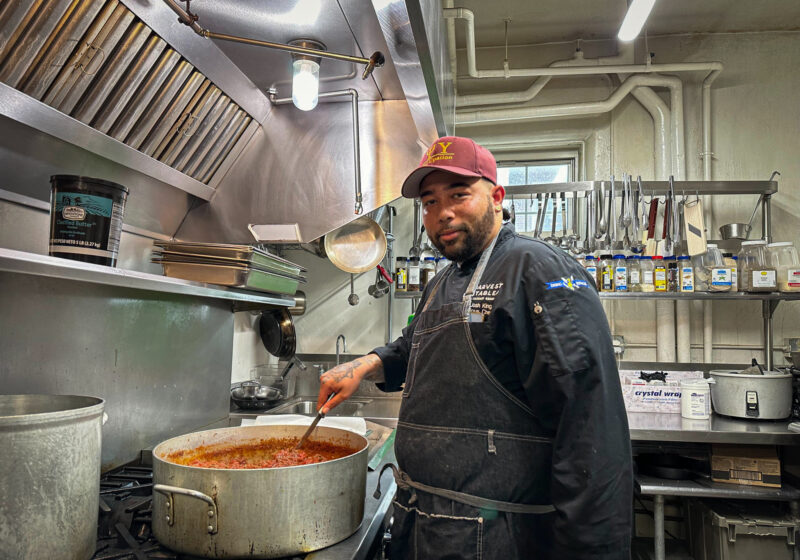While you’re away, your suitemate sees your half-finished homework on the table. He notices how you solved one of the problems, and, being in the same class, he uses your work to guide his own. Did you know you are guilty of negligence, a form of academic dishonesty? The College of Arts, Sciences and Engineering Academic Honesty Policy describes “failing to take reasonable measures to protect one’s work from copying by others” as a violation.
You decide to start recording your professor’s lectures so that when finals week rolls around, you can re-listen. If you don’t explicitly ask permission of the instructor, you are in violation of the policy, which states, “Students may not audio or video record class lectures or other classroom or laboratory activities without the instructor’s permission.”
You’re talking to your friend about readings from one of your classes. She asks if you can share them with her. You agree, and to make it easier, you give her your NetID and password so she can see all of the course’s materials. This is counter to UR’s academic honesty policy, which states “Students are responsible for protecting their access to [online] materials, many of which are copyrighted.”
We all know the basics. Don’t copy off of the paper next to you. Don’t copy and paste from the internet. But, we might not know some of the things we do are considered “dishonest.”
As of this semester, UR modified its cademic honesty policy. According to Chair of the Board of Academic Honesty Beth Jorgensen, the former policy did not emphasize enough the importance of educating the University community.
We applaud the Board for their efforts to increase transparency of the policy, but its specifics have not been adequately distributed.
Instructors were required by the policy to “call attention to” the information in the policy in at least one class, as well as to include “an academic honesty statement” on their syllabus. The professors did not have to review the details. The policy suggests that instructors mention which violations would most pertain to their curricula, but it seems that the majority of students are only aware of the new policy through its brief mention.
The University should take more direct measures to inform students of what has changed and highlight some more unexpected versions of academic dishonesty. The responsibility of understanding the regulations is left mostly to the individual, and only a small number will take the time to educate itself.
We would like to see a direct distribution of information. The only education of the policy to upperclassmen was made through in-class mention by instructors. What if a student was not paying attention or was not there at all?
Orientation materials included the new policy. Incoming freshmen were quizzed on academic honesty. Incoming graduate students were required to check a box signifying they read the policy. This focus on future student life is important, but it fails to emphasize the importance of the policy to the rest of the student body. Similar tactics could be used to at least intensify students’ awareness. A required quiz could be created for upperclassmen. We also recommend that the Dean of the College send an email to all students detailing the policy.
We commend the intentions of the Board. We commend the focus on academic honesty and what it means to a campus community. But, it is not enough to leave education about the policy up to busy students. We pose the question: how many people even know that there is a Board of Academic Dishonesty? The University must be more explicit in notifying all students, not just incoming freshman, of the regulations provided by the Board. Leaving the spread of information up to the individual, unfortunately, is insufficient.





